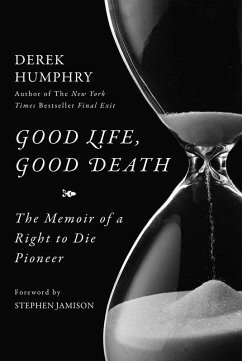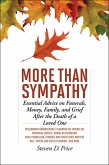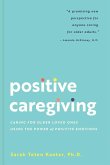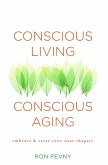In his poignant memoir, Derek tells of his broken family, his wartime experiences as a boy in England, and rising to the highest rungs of journalism on two continents. In 1975, he lived with crippling fear and sadness when his beloved wife, Jean, was diagnosed with cancer. As the disease gradually spread, they both decided that rather than let a terminal illness run its course through extreme physical and emotional pain, Jean would end her own life on her own terms, at an agreed upon time and manner, arranging her own last days. Readers will witness the personal pain and emotional distress they endured, as well as the legal repercussions Derek faced following her death.
As Humphry writes, "It would be far more preferable to legalize medically assisted suicide for terminally ill adults, for it is a tremendous strain and risk put on families. To know why he has maintained this struggle for choice in dying, against powerful religious and political forces it is necessary to understand the whole man. In Good Life, Good Death, readers will appreciate the fight he has gone through so that others might consider the option of dying with dignity.
Dieser Download kann aus rechtlichen Gründen nur mit Rechnungsadresse in A, B, BG, CY, CZ, D, DK, EW, E, FIN, F, GR, HR, H, I, LT, L, LR, M, NL, PL, P, R, S, SLO, SK ausgeliefert werden.









